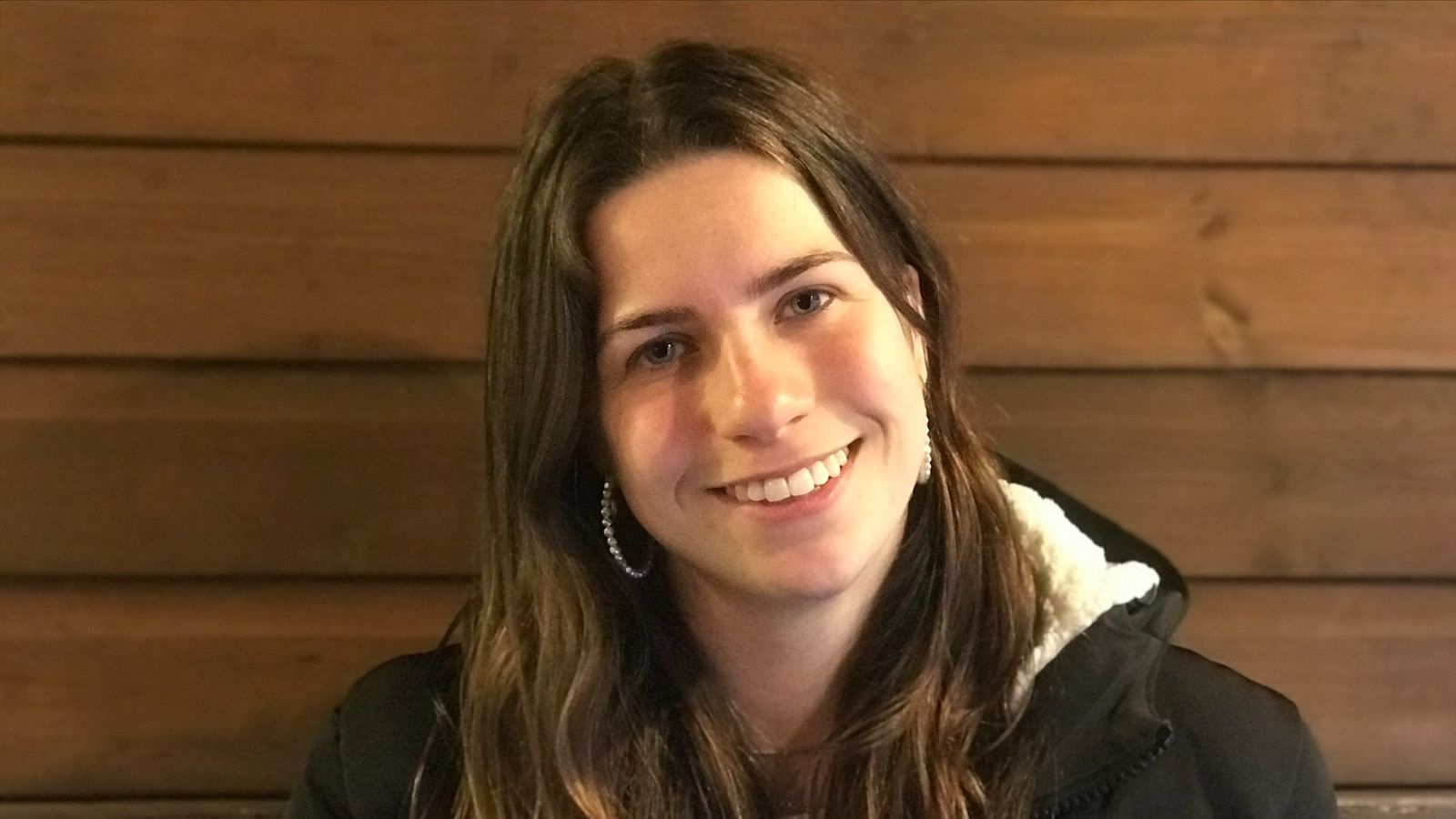Parents of students who died by suicide call for legal duty of care to be imposed on universities


In the months before Phoebe Grime took her own life, her mother Hilary warned her university that she was struggling.
Phoebe found lockdown isolating, and when her father was diagnosed with terminal cancer it was another blow.
Ms Grime says Phoebe’s teary phone calls home raised red flags, but that she was left in the dark about how bad her daughter got.
“She did have a suicide plan,” Ms Grime told Sky News, “in October 2020 which was six or seven months before she died, and she told the university about her suicide plan, and they didn’t contact me, so I didn’t know anything about that.”
“I think the hardest thing is, 20 hours before Phoebe took her life, she saw the Newcastle University counsellor” Ms Grime added. “And Phoebe in their notes, Newcastle’s own notes, Phoebe said she wished the pain to end and put her hand on her heart.”
The notes show that in that last session, conducted virtually, the counsellor asked Phoebe further probing questions, but she denied that she was feeling suicidal. Her mother said her denial should not have been taken at face value.
“If they had phoned me, as they said they would, I would have been in that car to Newcastle, and I believe Phoebe would be here today with me. It’s a massive, brutal trauma,” Ms Grime said.
Newcastle University, where Phoebe, who was 20, was studying philosophy, said in a statement: “Phoebe is remembered fondly as a talented and popular student. In her 18 months here, our dedicated wellbeing team provided her with ongoing support and counselling.
“The coroner in Phoebe’s inquest could not identify any point where things could have been done differently by the university or by her private counsellor.
Advertisement
“Nonetheless, we continuously seek to improve support services and work with key partners to help any student struggling with their mental health.”
But Phoebe’s mother and other parents of children who took their own lives while in higher education are calling for a statutory, legal duty of care for students, similar to the duty of care employers have for employees.
It would be more comprehensive than the general duty of care, with safeguarding written into law.
The parents, who formed a group called The Lived Experience for Action Right Now (LEARN) Network, started a petition which gained enough signatures to trigger a debate in parliament, with the higher education minister Robert Halfon saying he had asked all universities to sign up to the mental health charter programme by September 2024.
But while he said that he wasn’t closing the door on future legislation, he stopped short of committing to any new laws.
For Maxine Carrick, that’s not enough. She only found out after her son Oskar’s suicide that he had previously tried to take his life.
And though the inquest into his death heard he initially did not want his family to know, a month after the attempt Oskar gave consent to share information with his mum and GP, but it wasn’t applied retrospectively.
“So they didn’t have to tell us about the suicide attempt they just had to tell us about anything after that,” she told Sky News, but added that she felt the family should have been told there were concerns about Oskar, who was 20, in the run up to his death.
A spokesperson for Sheffield Hallam University said: “The university community was saddened by the loss of Oskar, and we would like to again offer our deepest condolences to his family and friends.
“The inquest into Oskar’s tragic death did not reference any failings on the part of the university. The coroner also commented that she was content the university was engaging with discussions surrounding consent on a sector-wide national level.
“We take supporting our students’ mental health and wellbeing extremely seriously. In recent years we have significantly increased resources to provide access to a wide range of support services, whilst every student has access to dedicated advisors.”
Universities UK, a body representing 140 universities across the country, told Sky News that they issued new guidance last year to support universities in taking a more proactive approach involving trusted contacts when there are serious concerns about a student.
But bereaved parents say only legal change will make a true difference.
Anyone feeling emotionally distressed or suicidal can call Samaritans for help on 116 123 or email jo@samaritans.org in the UK. In the US, call the Samaritans branch in your area or 1 (800) 273-TALK.